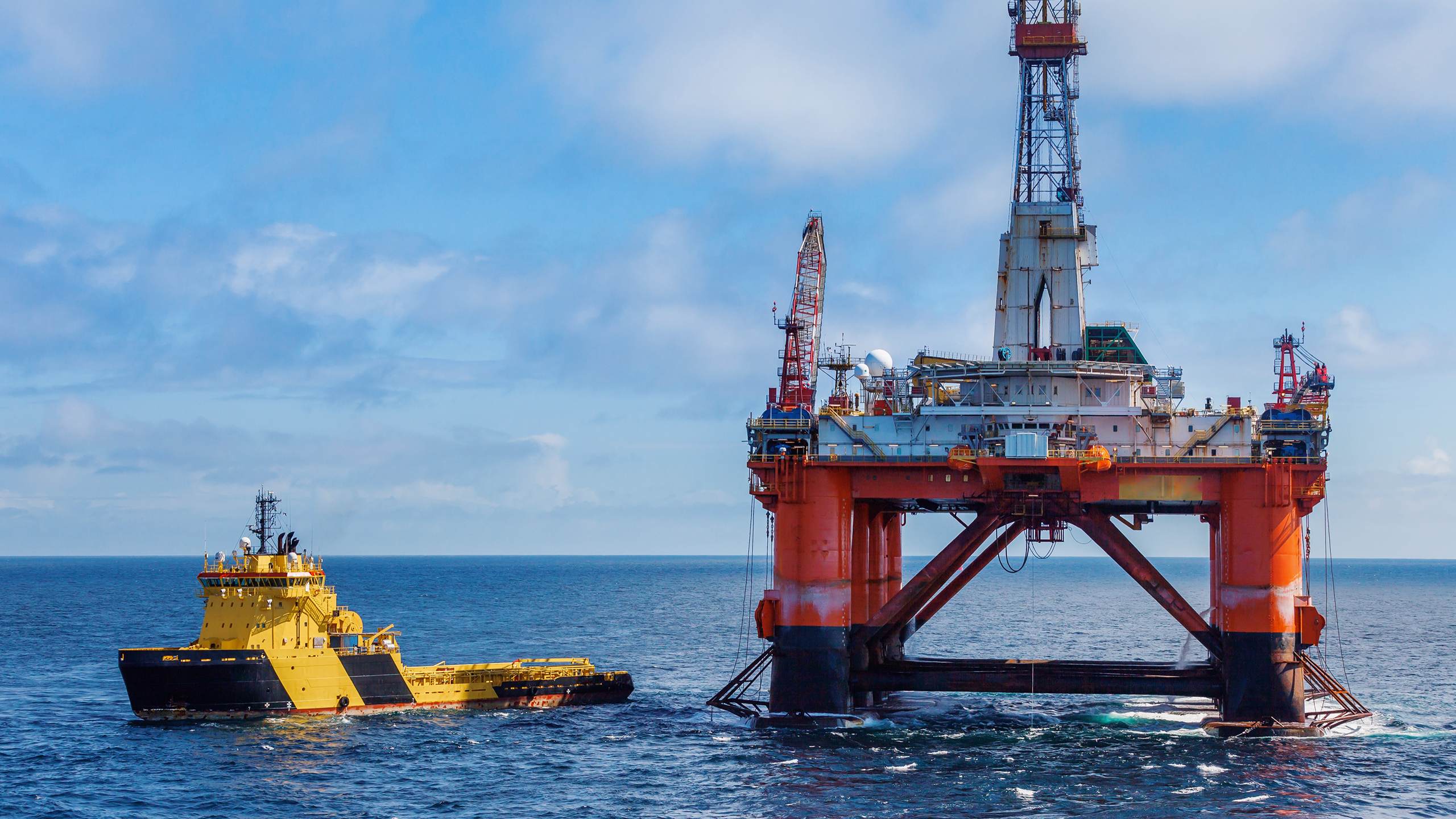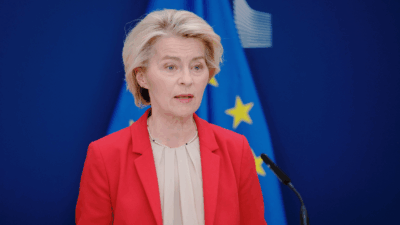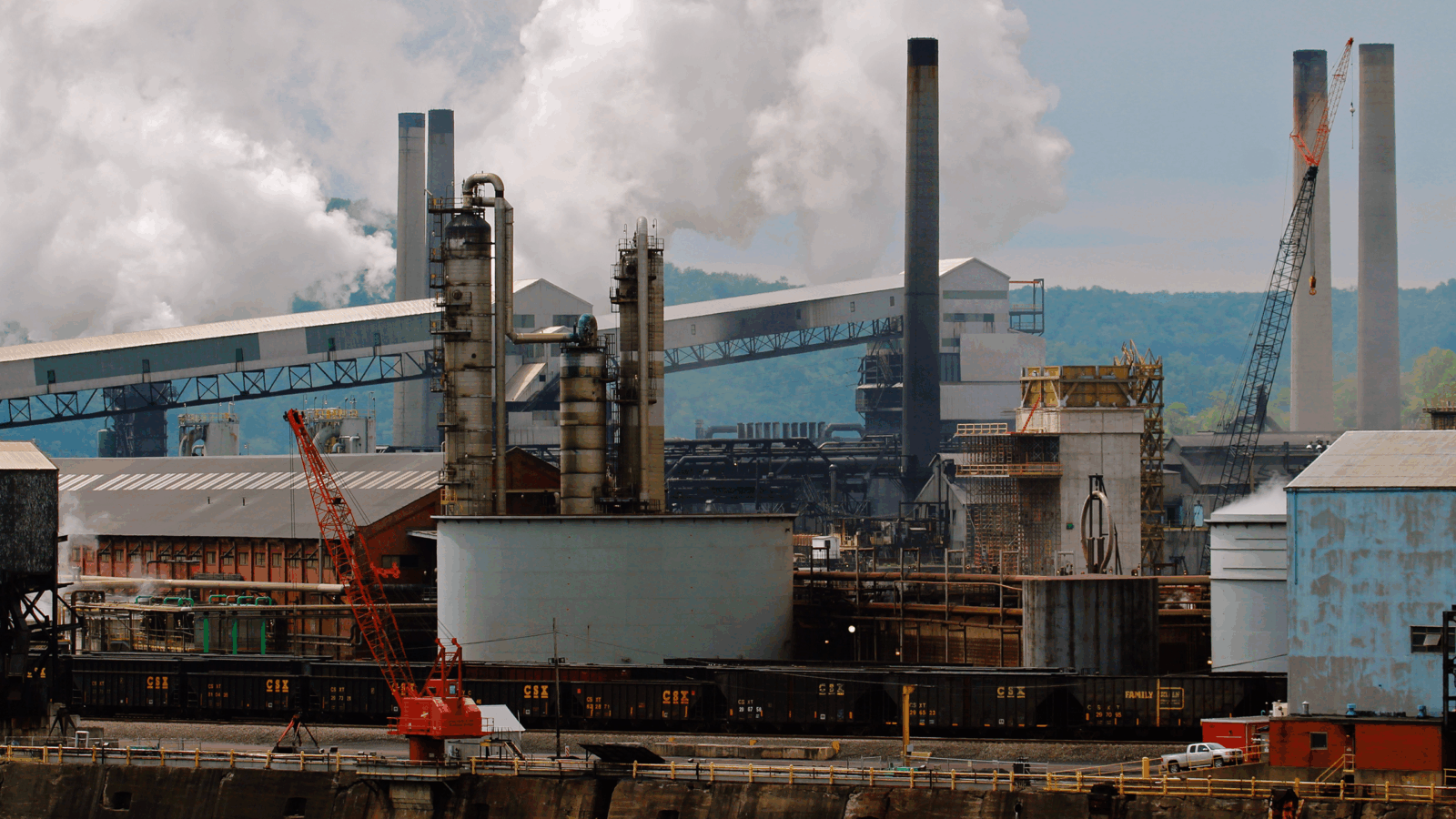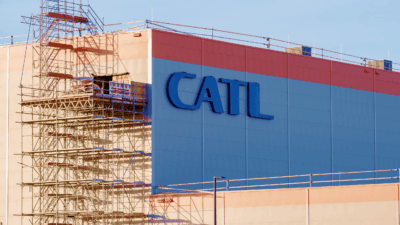Norway Dampens its Deep Sea Mining Ambitions
The move comes as a result of domestic political pressure from Norway’s left-wing party, and marks a major change in tone for the country.

Sign up for smart news, insights, and analysis on the biggest financial stories of the day.
How quickly tides can shift.
Late on Sunday Norwegian Prime Minister Jonas Gahr Støre said that the country was postponing its controversial plans to issue deep-sea mining licenses next year. The move comes as a result of domestic political pressure from a left-wing party within the Norwegian parliament, and marks a major change in tone for Norway, which has been one of the most vociferous proponents of deep-sea mining internationally.
Sea Change
Deep-sea mining has been a divisive topic for the international community. On one side, countries including Norway, the US, and China have all been keen to issue licenses and start mining the seabed for potato-sized metallic nodules. These nodules contain key battery-making minerals such as cobalt and nickel so their economic value is clear. What’s less clear is whether mining them might damage the marine environment, which is why countries such as Germany and France have lobbied to enforce a moratorium on deep-sea mining before it becomes a proper, established industry. Scientists say — and Norway agrees — that the environmental impact cannot be predicted with any confidence.
Norway voted to approve deep-sea mining in 280,000 square kilometers of Arctic waters that sit inside its Exclusive Economic Zone (EEZ) in January, but it’s not the only area where deep-sea politics are starting to shift:
- Although the US has been bullish on deep-sea mining, there has also been domestic political opposition. In July, Hawaii Governor Josh Green signed a bill banning seabed mining in the island’s waters.
- In August, the International Seabed Authority (ISA), the UN body which regulates deep-sea mining outside of countries’ EEZs (i.e., in international waters) elected a new general secretary, oceanographer Leticia Carvalho. The election was contentious, with Carvalho edging out incumbent Michael Lodge, who’d campaigned to get regulations in place to allow the pursuit of deep-sea mining.
New Sheriff in Town: Mining companies are pursuing aggressive timelines and Canadian mining concern The Metals Company has said it plans to apply for a license this year even if regulations aren’t in place yet. In interviews, Carvalho has signaled she won’t be giving carte blanche to the gold rush. “I would be very much concerned to have a mining exploitation request sat on my table without a mining code,” she told CNBC in August. Top on her list is to “rebuild trust” in the ISA and increase transparency.











